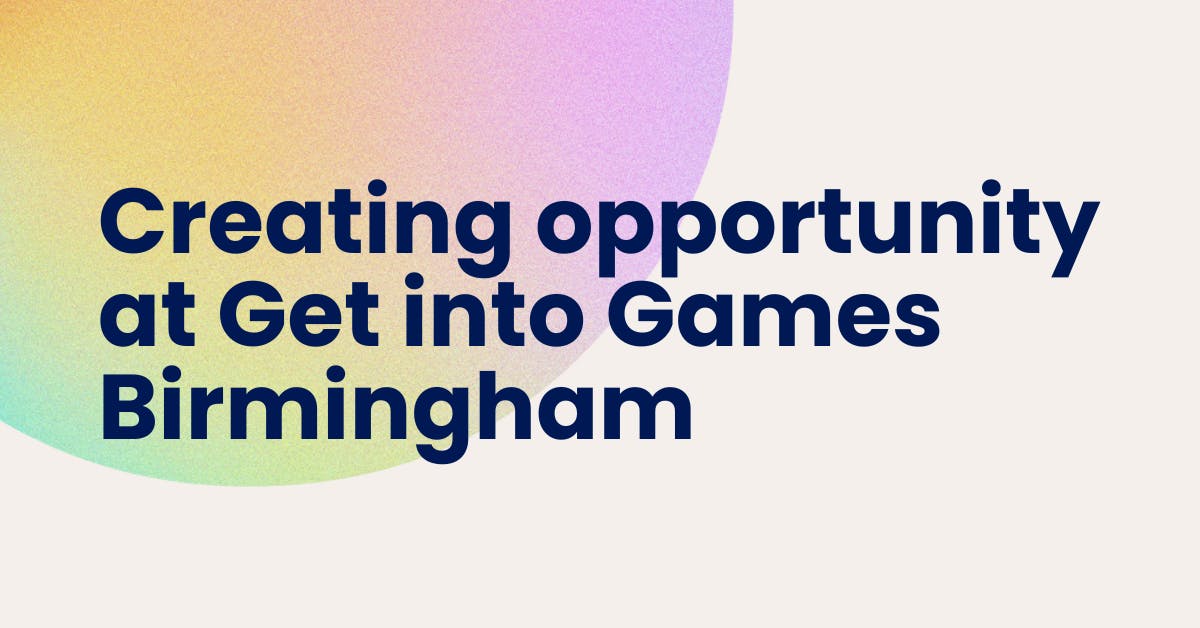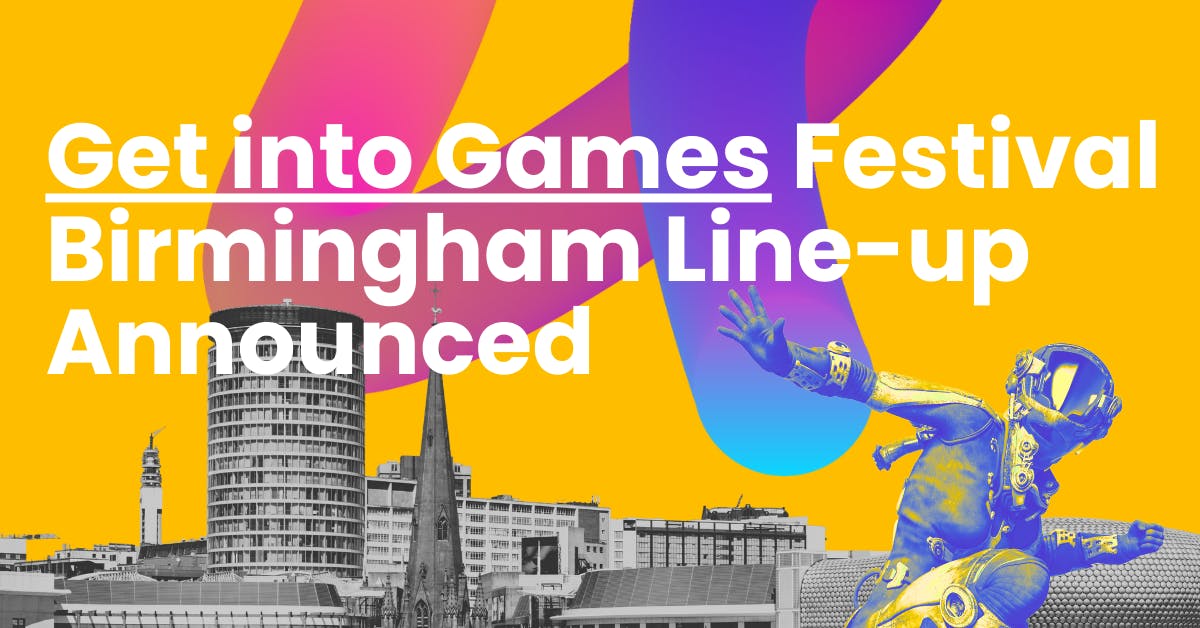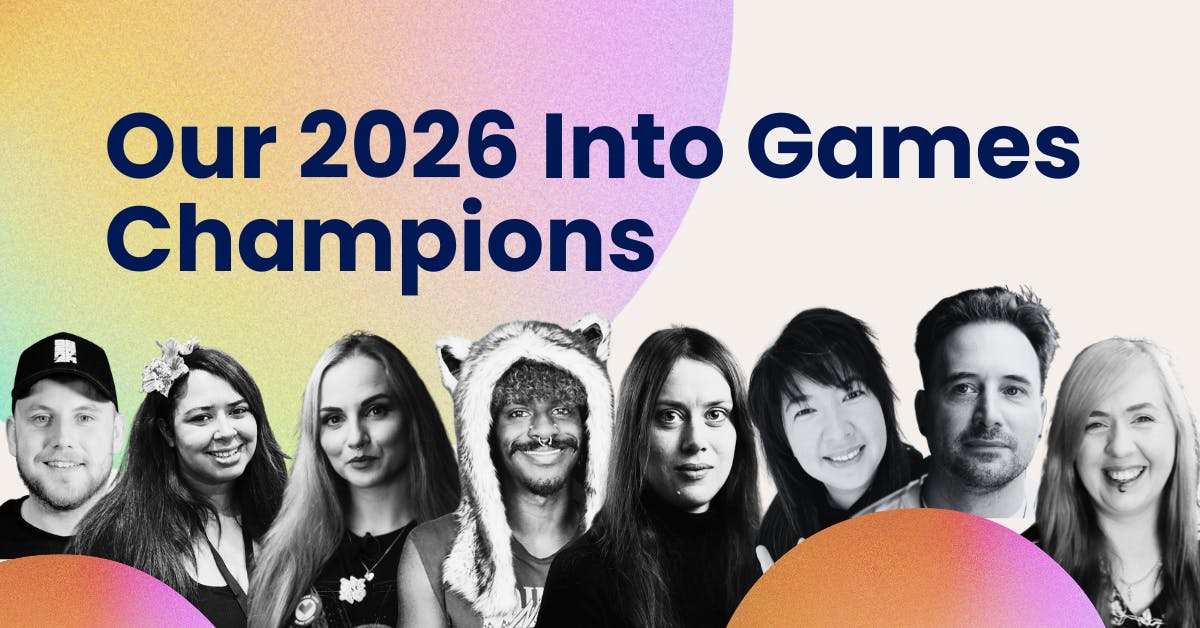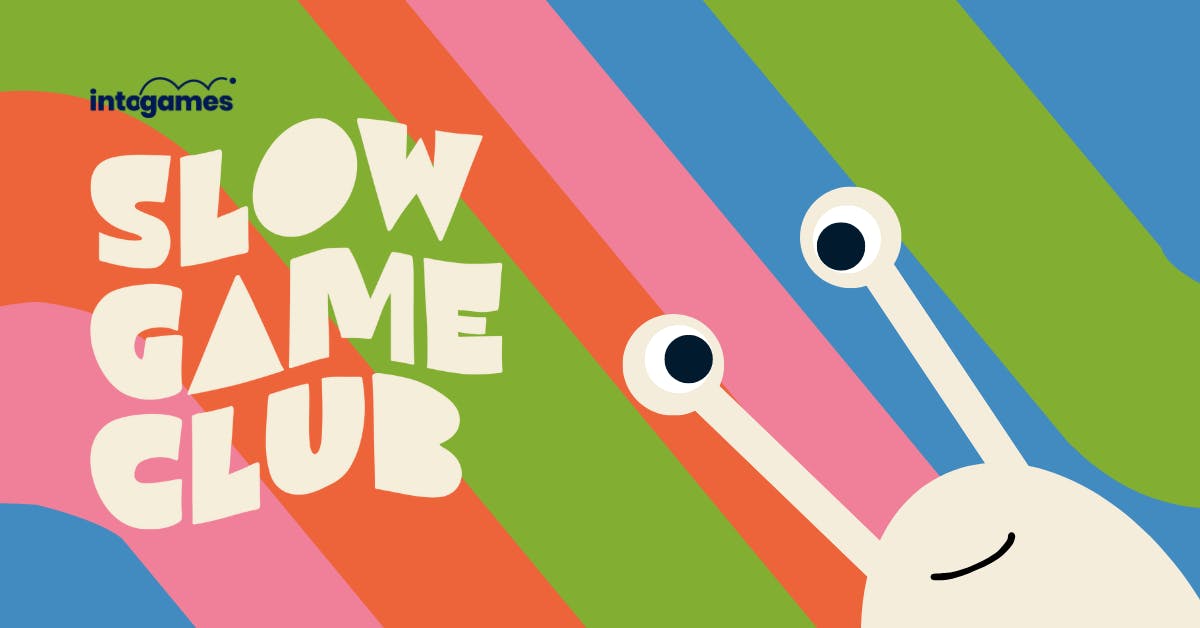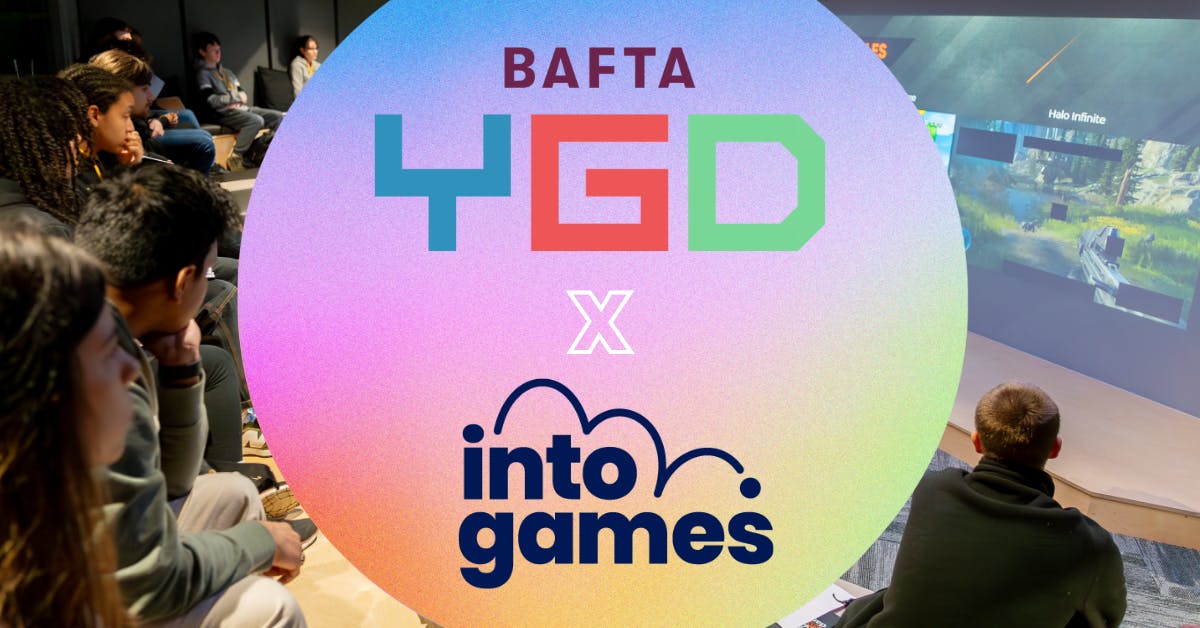Design
Design is at the heart of creating gameplay, responsible for shaping game mechanics, levels, systems, and player interactions to ensure a compelling and balanced experience.
Game designers must have a strong sense of creativity, analytical thinking, and an understanding of player psychology. Designers work throughout the development cycle, shaping the core mechanics, systems, and player experience. If you love planning how games work and creating engaging interactions, this role lets you influence the heart of gameplay.
This hub page features design job role descriptions, links to our learning content, and access to our online community, where you can continue your journey and connect with thousands of game designers at various stages of their careers.
Check out this course:
Design Roles
Design
Content Designer
A Content Designer focuses on creating in-game content, such as quests, missions, or interactive elements, that aligns with the game’s overall narrative and design.
Design
Design Manager
A Design Manager ensures that the game design process runs smoothly and efficiently, managing a team of designers and overseeing the creation of the game’s core mechanics and systems.
Design
Economy Designer
An Economy Designer creates the in-game systems that define how players earn, spend, and manage resources, balancing in-game economies to ensure fairness and engagement.
Design
Game Balance Designer
A Game Balance Designer ensures that the mechanics, progression systems, and multiplayer elements of a game are fair, challenging, and enjoyable for all players.
Design
Game Designer
A game designer creates the rules, mechanics, and systems that shape how a game is played. They’re responsible for crafting the player experience, ensuring that the game is fun, challenging, and engaging.
Design
Gameplay Designer
A Gameplay Designer is someone who puts the pieces together and makes the game interactive, challenging and most importantly enjoyable.
Design
Level Designer
A Level Designer creates the game’s environments, designing levels that challenge players, guide them through the story, and create memorable gameplay experiences.
Design
Monetisation Designer
A Monetisation Designer is responsible for designing the in-game systems that drive revenue, particularly in free-to-play or live-service games.
Design
Narrative Designer
A Narrative Designer is responsible for crafting the storylines, dialogue, and narrative elements of a game, ensuring that the storytelling fits seamlessly with the gameplay.
Design
System Designer
A System Designer is responsible for creating the core mechanics and systems that define how a game is played, such as combat, progression, or resource management systems.
Design
UX Designer
A UX Designer (User Experience Designer) focuses on the player’s experience, ensuring that the game’s interface, controls, and flow are intuitive and easy to navigate.
Design
Voice Director
A Voice Director oversees the recording of voiceovers in a game, working closely with voice actors and sound designers to ensure the performances match the characters and narrative.
Level Design Game theory basics, aiming to create engaging and balanced levels

Note: By clicking the video above, you agree to the YouTube Terms of Service.

Kate Killick
Games Designer
“It’s hard to spend your time working closely on a game and still be able to take a step back and figure out if it’s fun and what could be improved. You have to be able to decide whether an idea is worth persevering with or whether you need to change direction, sometimes multiple times in a week (or day!)”
